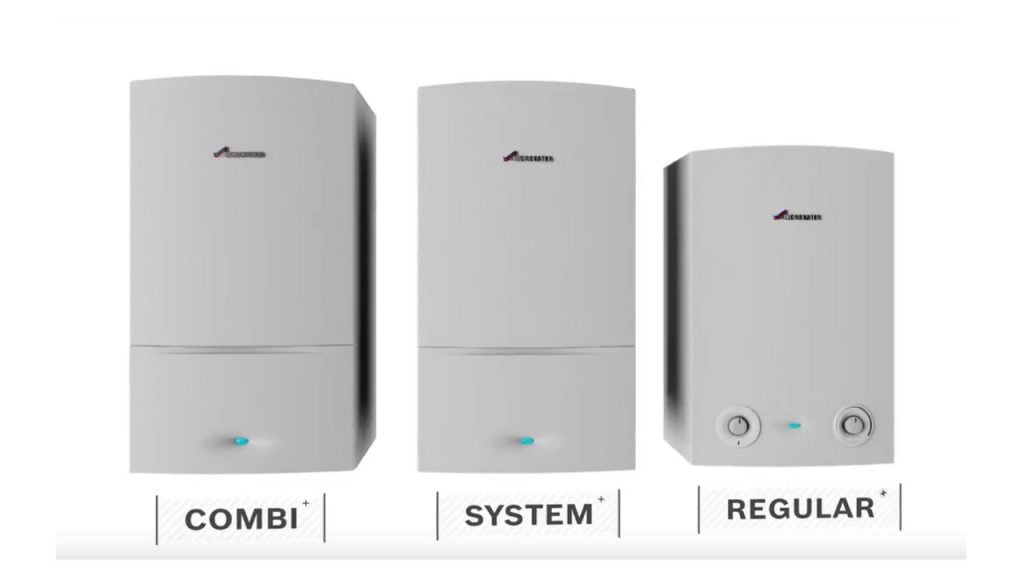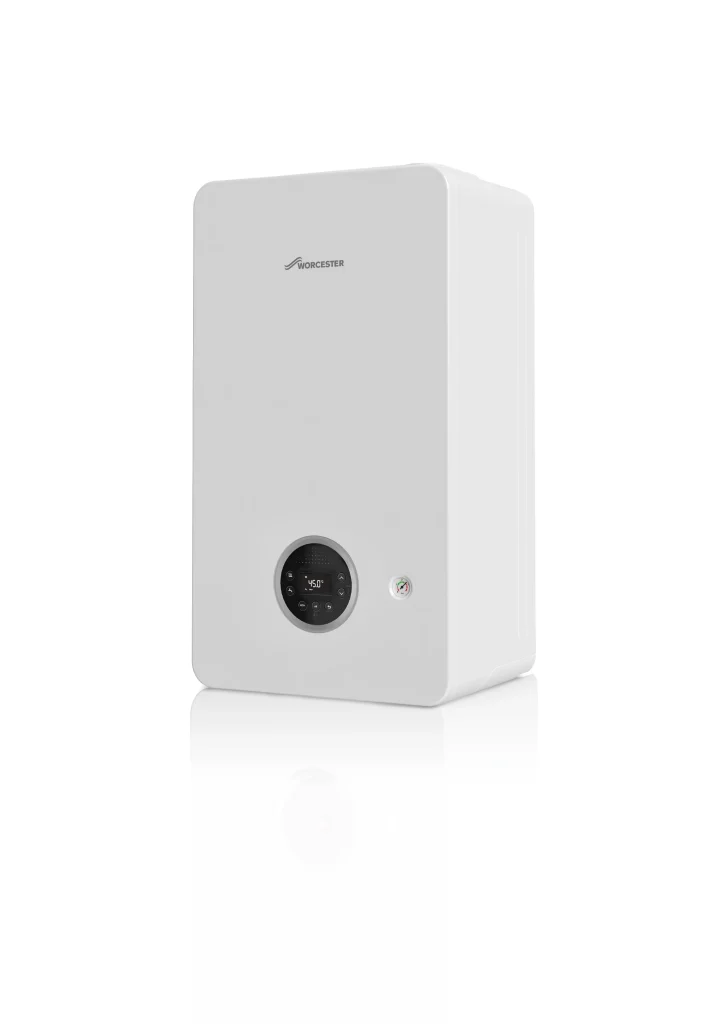All You Need to Know About Heat Pumps
A heat pump is a device that transfers heat energy from a source of heat to what is called a “heat sink.” Heat pumps are designed to transfer thermal energy from a cold space to a warmer one, by absorbing heat and releasing it. A heat pump requires a minimal amount of external electricity to move energy from its heat source to the heating unit.
Heat pumps are powered by electricity, but the cost of operation is lower than electric resistance heating because they use less energy overall. In fact, geothermal and air-source heat pumps can provide very efficient heating and cooling for your home or office and are some of the most economical HVAC options on the market today.
How Does a Heat Pump Work?
A typical air-source heat pump system includes an outdoor unit containing the compressor and fan, and an indoor unit with the blower and evaporator coil. Most systems also include a furnace or air handler indoors to provide backup heating when needed.
Here’s how it works:
- In winter, the outdoor unit collects heat from the air and delivers it indoors. The refrigerant in the coils absorbs this heat as it changes from a liquid to a vapor. The now warm refrigerant vapour passes through a compressor where its pressure and temperature increase further. The hot refrigerant then passes through indoor coils where it releases its heat, warming the air inside your home or office. The cooled refrigerant then returns outside where the process starts all over again.
- In summer, the process is reversed, and the outdoor unit collects warm air from inside your home or office and transfers it outdoors. By removing this warm air, your space is cooled much like an air conditioner would operate.
Read more about: Underfloor Heating Installation

Types of Heat Pumps
There are two main types of heat pumps: air-source and ground-source (geothermal). Air-source heat pumps are the most common type, and they can be used in most climates. Ground-source or geothermal heat pumps are more efficient and work best in moderate climates.
Air-Source Heat Pumps
Air-source heat pumps are less expensive to install than ground-source heat pumps, and they can be used in any climate. However, they are less efficient in very cold or very hot weather because they rely on the temperature of the air outside to operate.
In extremely cold weather, an air-source heat pump may need to be supplemented with a backup heating system, such as electric resistance heating or a fossil fuel furnace.
Ground-Source (Geothermal) Heat Pumps
Ground-source heat pumps are more efficient than air-source heat pumps because they rely on the constant temperature of the earth to operate. They can be used in any climate, but they are most efficient in moderate climates.
Ground-source heat pumps are more expensive to install than air-source heat pumps because they require special equipment to tap into the earth’s heat.
Read about: Heating Engineers in Penarth
What Are the Benefits of Heat Pumps?
Heat pumps offer many benefits over other types of HVAC systems. They are energy efficient, can save you money on your energy bills, and are environmentally friendly.
Here are some of the key benefits of heat pumps:
- Energy Efficiency: Heat pumps are one of the most energy-efficient ways to heat and cool your home or office. They use less energy than electric resistance heating and cooling, and they can provide substantial savings on your energy bills.
- Environmental Friendliness: Heat pumps do not burn fossil fuels to generate heat, so they do not produce carbon dioxide or other greenhouse gases. This makes them a much more environmentally friendly option than systems that rely on fossil fuels.
- Lower Cost of Operation: Heat pumps typically cost less to operate than electric resistance heating and cooling. In fact, geothermal and air-source heat pumps can provide very efficient heating and cooling for your home or office and are some of the most economical HVAC options available.
- Improved Indoor Air Quality: Heat pumps circulate air throughout your home or office, which helps to remove pollutants and improve indoor air quality.
- Quiet Operation: Heat pumps are very quiet when they are running, so you can enjoy the comfort of your home or office without the noise of a traditional HVAC system.
- Flexible Installation: Heat pumps can be installed in a variety of locations, both inside and outside your home or office. This makes them a versatile option for many different types of buildings.
Read more about:
How does my central heating work?

What Are the Disadvantages of Heat Pumps?
Heat pumps do have some disadvantages that you should be aware of before you decide to install one in your home or office. Here are some of the key disadvantages of heat pumps:
- Upfront Cost: Heat pumps can be more expensive to install than other types of HVAC systems. This is because they require special equipment, such as an outdoor unit, to function properly.
- Inability to heat in extremely cold weather: In very cold weather, air-source heat pumps may not be able to generate enough heat to warm your home or office. This is because they rely on the temperature of the air outside to operate. If you live in an area with very cold winters, you may need to supplement your heat pump with a backup heating system, such as electric resistance heating or a fossil fuel furnace.
- Less efficient in very hot weather: In very hot weather, heat pumps may not be able to generate enough cool air to keep your home or office comfortable. This is because they rely on the temperature of the air outside to operate. If you live in an area with very hot summers, you may need to supplement your heat pump with a backup cooling system, such as an evaporative cooler or an air conditioner.
Conclusion
If you’re still on the fence about whether or not to get a heat pump for your home, we hope this article has helped you make a more informed decision.
Heat pumps are becoming more and more popular as people become more aware of their benefits, so there’s a good chance that you may be able to find one that meets your needs and fits within your budget.
Keep in mind that it’s important to consult with a professional before making any decisions, so don’t hesitate to reach out if you have any questions.
Read more about:





























